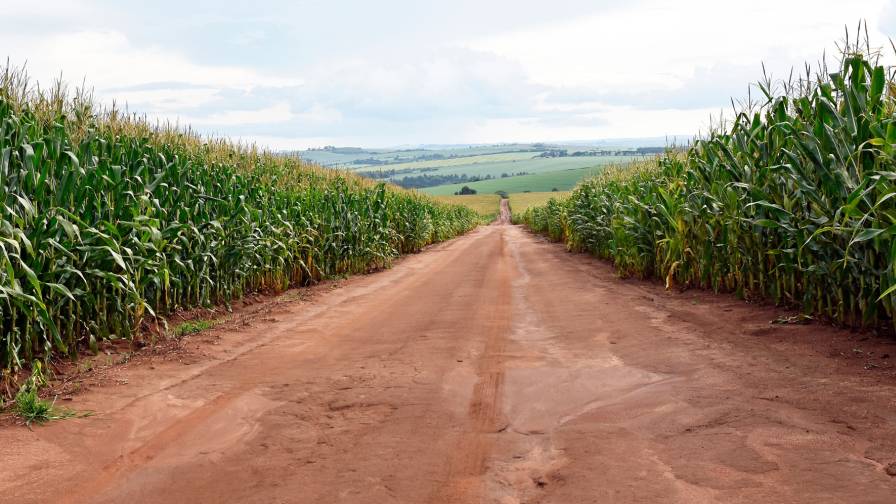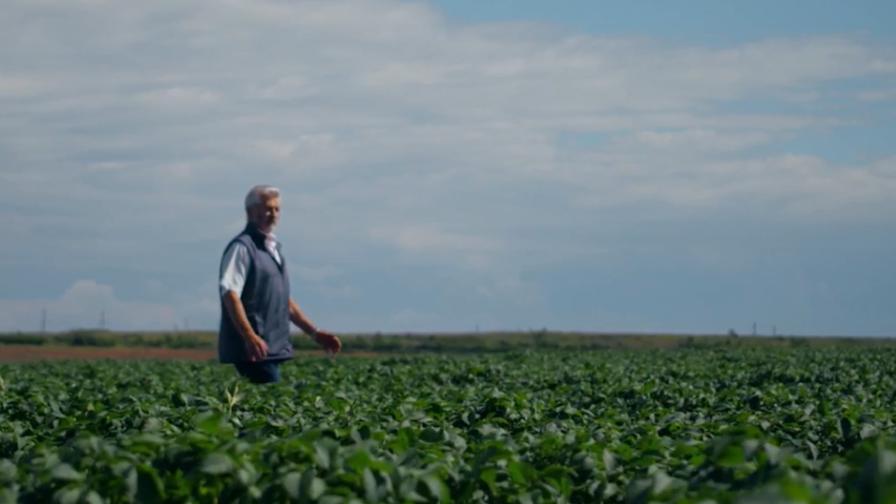Bt Biopesticides Lose N. American Market Share
DUBLIN, Ireland — A new Research and Markets report shows that the Bacillus thuringiensis (Bt) sector of the North American microbial biopesticides market has declined from around 90% in the 1990s to 56.8% in 2007. In 2007, the total market value for Bt biopesticides was $127 million at the user-level.
The US market was estimated to be worth $101 million, or 79.7% of the total, followed by Mexico as next largest, and then Canada.
The decline in Bt’s portion of the biocides market is two-fold; partly due to a steady decrease in Bt use for caterpillar control in the US, and partly to increased sales of new, non-Bt products. In the US, fungicidal products based on Bacillus pumilus and codling moth granulosis virus are quickly gaining market share. However, sales growth for Bt biopesticides is still expected.
In Mexico, the Bt market has mostly declined in cotton and corn, due to competition from agrochemicals, GM crops and other biological controls, says the report. The market in Mexico has increased for Bacillus subtilis and B pumilus. There is also a growing demand for cheap, locally-produced, fungal-based products.
In Canada — not a large user of insecticides and fungicides — the largest Bt market is in forestry, mostly for the control of spruce budworm, Choristoneura fumiferana. While this market has been historically low and highly fluctuating, it has increased since 2004. Government pesticide bans have increased prospects for growth.
In general, potential for growth in North America remains good, with opportunities existing for the total market to reach $250 million by 2020, says the report.






